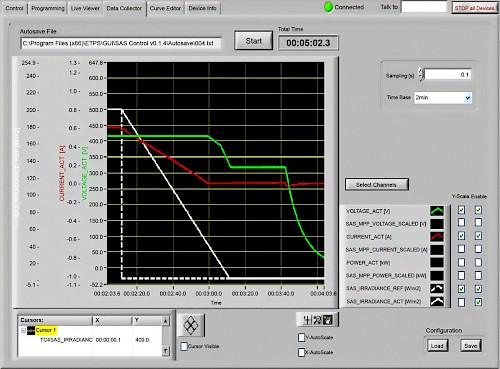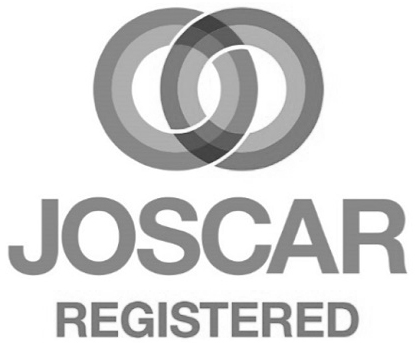Choosing a power supply for an on-board application is a very important decision. The rigors and unpredictability of ocean environments can throw up many technical considerations and challenges. Power supplies must not only be able to withstand the conditions, they must also be efficient and compact to maximise on-board space and energy.
ETPS engineer solutions that are ruggedised for protection against shock, vibration and harsh environmental conditions such as high humidity. That way, you can be confident your electrical equipment will always perform as expected. Besides on-board systems, we have a wide range of programmable power units for calibration, test and general performance evaluation of seaborne electronics.
Power Supplies for Sonar Systems
The precise nature of sonar systems requires a highly controlled power supply. A poorly regulated PSU may provide too much energy to the sonar system's transducers, which can cause quenching. This is where the water pressure drops so low that it boils, potentially destroying the transducer. The quenching power limit rises with depth due to increased ambient pressure, so the maximum power output needs to be adjusted accordingly.
A PSU a with poor power factor can have a knock on effect on components and cabling sizing. This is particularly an issue for smaller vessels where space is at a premium. Overall system efficiency is reduced, which means more diesel is needed for the generator to power the sonar system.
Special variants of our DC source range have been ruggedised, to ensure their suitability to power towed array and hull mounted sonar systems. Due to the LAB-GSS's low reflected current harmonics, a special source only variant was designed. This can be used to provide controlled DC energy to coils powering a sonar system. The unit has an inbuilt active power correction of ≥0.99.
LAB-TC systems are available with modifications which allow them to withstand up to 30g of mechanical shock across X, Y and Z axes. Each system can operate from temperatures as low as -10°C all the way up to 55°C. A wide range DC input is available for vessels which only have a DC generator available.

Ruggedised On-board Power Units
Some critical electrical devices will only operate from a pure AC sinewave, especially computerised loads. All of our DC-AC inverters produce a stabilised pure sinewave output via microprocessors. This ensures that on-board equipment performs exactly to the manufacturer's specifications. Inverter families with suitable ruggedised variants include the INV-R and INV-P.
DC power supplies are available with sense plus compensation, which allows voltage drops to be compensated for throughout the entire length of a load line. This feature is ideal for powering subsea devices or underground tools used in hydrocarbon exploration. Product families with this capability include the LAB-TC, LAB-GSS and CON-DSS.
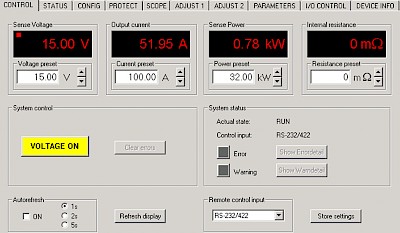
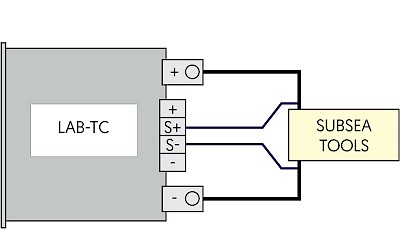
Battery Charging Systems
Our team have many years of experience supplying charging solutions for marine applications. Intelligent chargers such as the BC-REC-8400 maximise the capacity and cycle life of on-board batteries. Each system is composed of 4.2kW module blocks, which operate in parallel to provide higher power systems. Spare modules can be included in the system for redundancy, to ensure that your batteries can still be charged in the unlikely event of a failure.
For batteries which require hundreds of kilowatts of charge, a ruggedised version of the LAB-TC is available. On request, specific current vs voltage charge profiles can be factory programmed. Pulsed charging is also possible via the embedded function generator. This technique is thought to improve battery discharge capacity and help facilitate longer cycle life.
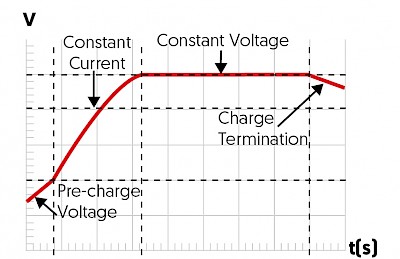
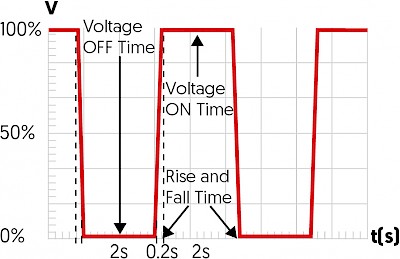
Onshore Power Simulation
As many vessels spend weeks away from land at a time, it is critical their on-board electronics are rigorously proven first. To repair products at sea can be expensive, especially when external parts or personnel need to be transported in. Our selection of both AC/DC loads and sources allow virtually any power device to be isolated and tested.
Components can be analysed under controlled operating conditions for an extended period of time. This allows choices to be made about whether certain electrical systems are suitable for long term projects. Any degradation issues later in the product's lifetime can be identified and rectified. DC sources such as the LAB-HP are available with an SD card slot. This allows users to record and edit automated routines using simple script files.
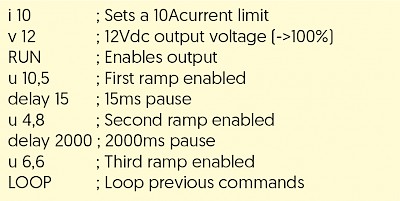
One solution to increase available power for large surface area vessels is on-board solar panels. DC power supplies such as the G5-SOURCE and LAB-TC will test the performance of PV converters and inverters under varying conditions. The optional SASControl GUI allows users to simulate PV arrays with the ability to edit irradiance, temperature and amplitude values.
